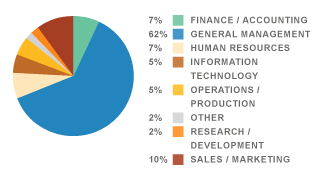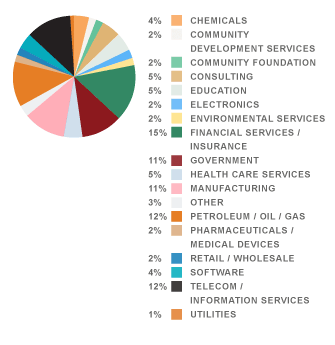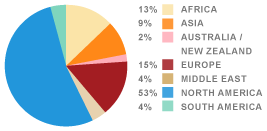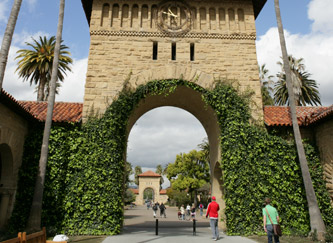EQUINE GUIDED LEADERSHIP
This unique experiential program takes place at the Stanford Barn where you'll learn to lead horses and people through a variety of challenges of increasing complexity. The accurate yet non-judgmental equine feedback creates opportunities for intellectual, emotional, and physical insights. The experiential learning, transformative feedback, and immediate improvement will help you gain the knowledge and tools to be a more successful, authentic, and inspiring leader.
LEADERSHIP IN CRISIS MANAGEMENT
What should management do when a crisis focuses the harsh spotlight of public opinion on their organization? Whether it results from a firm's own missteps (think BP) or from strategic activism or media action (think Greenpeace), crisis is increasingly on the agenda for today's executives. In this session we will explore the skills and organizational structures required to prepare for, and productively manage, a crisis to avoid bringing lasting damage to a firm's reputation.
ACTING WITH POWER
The ability to function effectively within a hierarchy is a crucial component of leadership, yet many people struggle with "authority issues" that make certain hierarchical roles and positions difficult for them. This session draws on the craft of acting and the concepts of psychology to help you learn how to use them to develop the characters that can play these roles effectively.
COACHING TALENT
Coaching is among the most powerful and yet undeveloped/underutilized skills at a leader's disposal. These two sessions will introduce you to coaching fundamentals (listening, inquiry, reframing, and setting up experiments) as well as provide an opportunity to practice and further develop these competencies.









